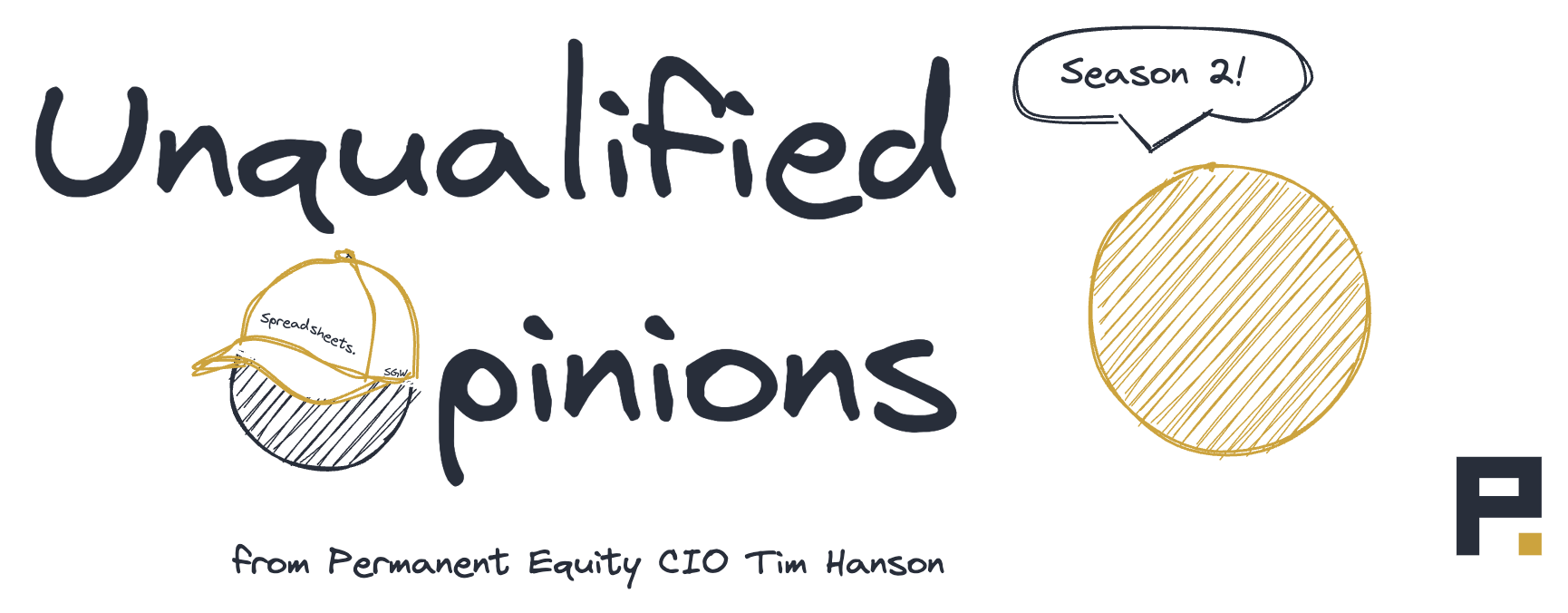You’re Winning? Stop Watching.
Danny and I were chatting recently about Mizzou’s subdued (until they defeated Kansas State on a thrilling last second 61-yard field goal and started rolling, last weekend excepted) start to their football season when he admitted that he stopped watching at halftime of their narrow week 2 victory over Middle Tennessee State. The reason, he reasoned, was that if he kept watching, the best case was that they eke out a win and the worst was that they blow it, neither of which seemed like entertaining options, so there were better ways to spend his time.
I admitted to doing the same mental gymnastics when the Georgetown Hoyas basketball team would go into halftime with a big lead (though that hasn’t happened in a while). With the range of outcomes being a benign second half to a disastrous collapse, there really wasn’t any reason to watch further (unless you’re a masochist).
This is what happens when one views the world in terms of upside and downside.
A good book about investing is The Dhando Investor by money manager Mohnish Pabrai, which is mostly remembered for its observation that you want to buy into situations where your risk and reward are asymmetric. Or as Pabrai puts it, “Heads I win; tails I don’t lose much.”
Of course, the issue with that is that you can always lose everything, as Pabrai himself found out years after The Dhando Investor was published with his investment in Horsehead Holdings, a metals business that seemed cheap by any measure but ultimately declared bankruptcy. Explaining the outcomes to partners, Pabrai said:
We ended up with a trifecta of low probability events in unison. They ran into very significant ramp-up difficulties on a proven process. At the same time, zinc prices collapsed to levels not seen since the financial crisis. Nickel prices have collapsed to a multi-decade low. All of these decreased profitability and increased the need for cash at the very same time their liquidity was becoming quite stressed.
The learning is that we underestimate the probability of negative, low probability events happening at the same time. I’ve newly minted this the Hurriquake Principle, which is to say that just because you’re experiencing a hurricane doesn’t mean you can’t also have an earthquake. But when it comes to business, I’d go a step further and assert that experiencing a negative event makes another negative event more likely to occur because stress begets stress.
Now, I know you can’t just turn off a business, but the point is that if you find yourself in a situation where the upside is capped, walk away! That’s because limited downside is an illusion, so you can only be compensated with upside. It’s the same asymmetric orientation as Pabrai’s, but inverted to account for the fact that bad things can always happen – a reality well-known to Mizzou football and Georgetown basketball fans alike.
– By Tim Hanson

